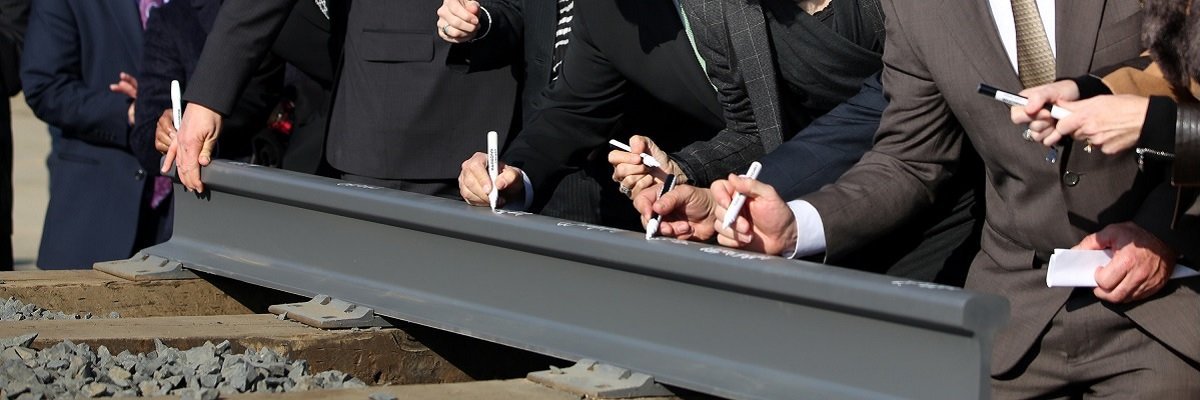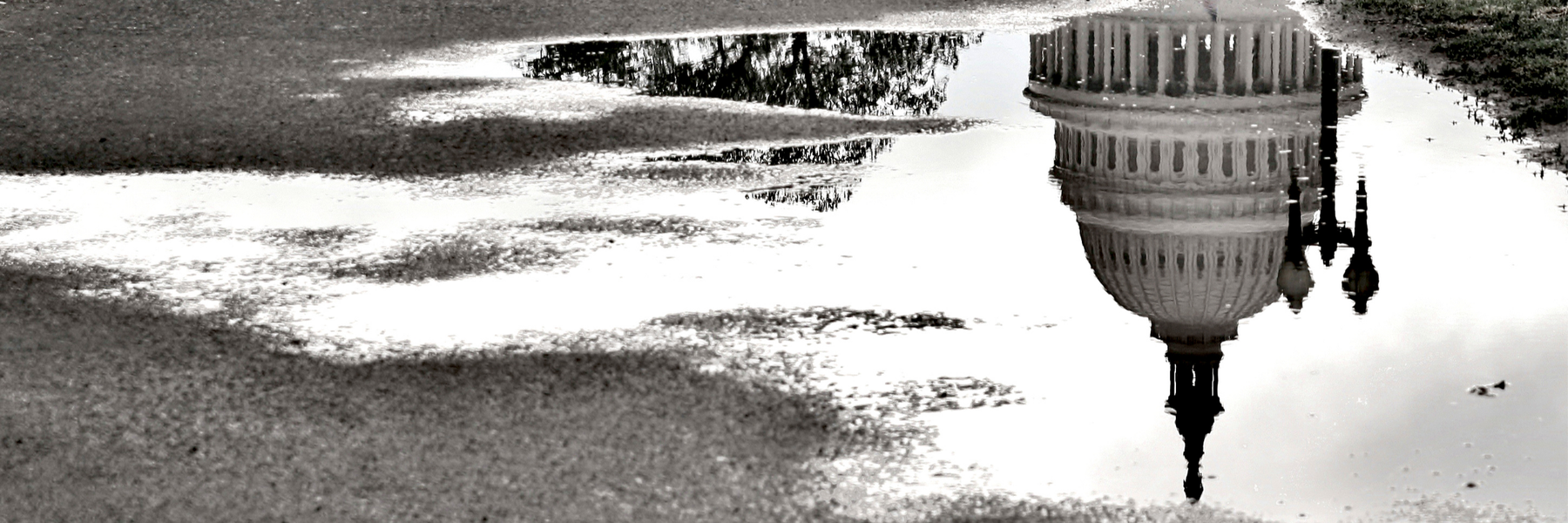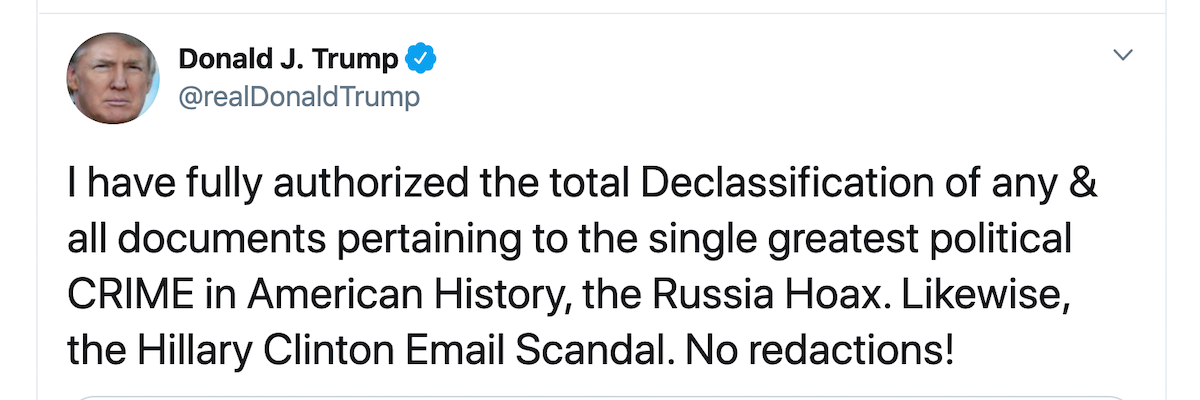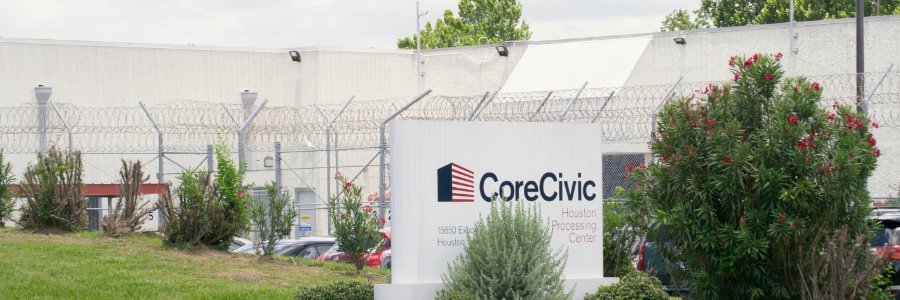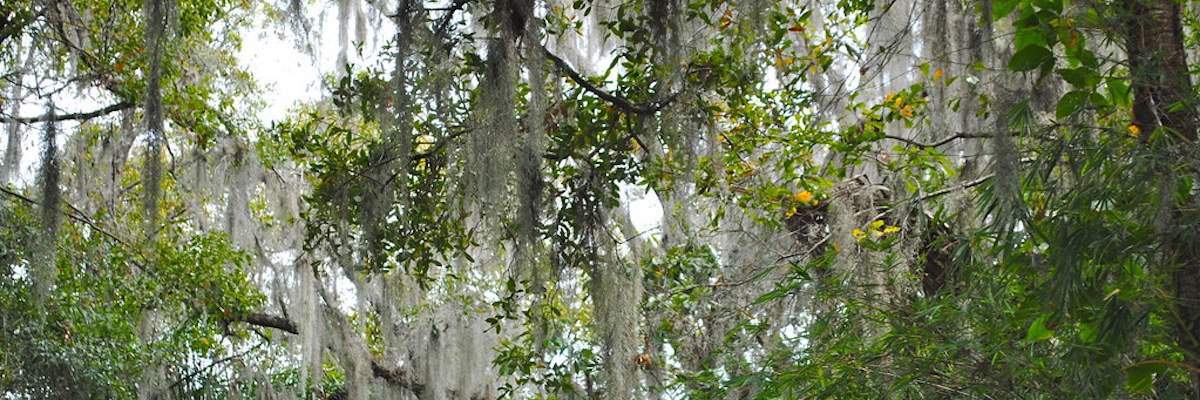In the next few weeks President Donald Trump is slated to release a highly-anticipated plan for an overhaul of the nation’s infrastructure, and with an anticipated total tag of nearly a trillion dollars, there will certainly be plenty of feeders fighting at the trough of public funds.
The administration’s Secretary of Transportation, Elaine Chao, recently teased the pending plan in an appearance before the Senate Environment and Public Works Committee, stating that there wouldn’t be any set list of projects, despite an earlier outline of potential beneficiaries proposed by the Trump transition team. During the hearing, Secretary Chao, who has also been married to Kentucky Republican Senate Majority Leader Mitch McConnell since 1993, tried to assuage concerns that rural America would not be able to enjoy its share of the reconstruction dollars.

The current avenue of choice to drive the infrastructure efforts are private-public partnerships, effectively agreements by which the government contracts projects and responsibilities to private industry. Historically, private construction and operation of prisons have been among the most popular rurally-focused private-public partnerships, though the establishment of new prisons and jails, public or private, has also long been seen as a way to boost rural economies.

Our time is becoming increasingly reminiscent of the Reagan era, during which the “If you build it, they will come” approach led citizens and investors alike to grow comfortable with the idea of incarcerating neighbors for the sake of the city’s economic survival.

Even though prisons and jails aren’t typically considered traditional infrastructure elements - like roads, trains, dams, or bridges might be - in the current landscape, the emphasis on securing sustainable development in locales otherwise unappealing to major corporate investors suggests that their position in the nature’s future can’t go underestimated. In part, this is because there is an ongoing element to establishing a new prison: as long as there are people to put there, there will continue to be jobs for officers, administration, and the various outgrowths of services necessary to keep it operational. Other such projects offer no such ongoing moneyed purpose. Roads, for one, provide temporary construction and maintenance jobs, but beyond toll charges, offer few other renewable revenue streams; bridges and dams may facilitate growth in other areas but are not an industry unto themselves. Prisons and jails, however, continue to seemingly serve a societal function far beyond the construction phase.

MuckRock is continuing to track the proliferation of prisons and privatization. You can continue to follow that work here. As billions of dollars head toward the stated goal of rebuilding America, it remains our responsibility to track where and how those funds are being spent. Want to help? Send your tips and local projects to info@muckrock.com.
Image via CAPoliticalReview.com
